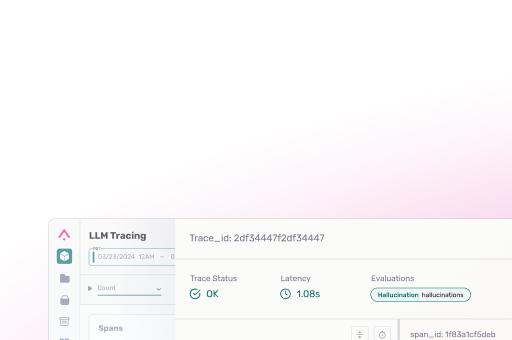On Demand
Virtual
Dive into the world of AI agent development in this comprehensive bootcamp. You’ll gain hands-on experience with the latest tools and techniques in AI agent development. From understanding core architectures to troubleshooting complex issues, our expert-led sessions will equip you with the knowledge and skills to build sophisticated AI agents that can tackle real-world challenges. You’ll learn how to navigate popular frameworks, optimize performance, and evaluate your agents effectively.



